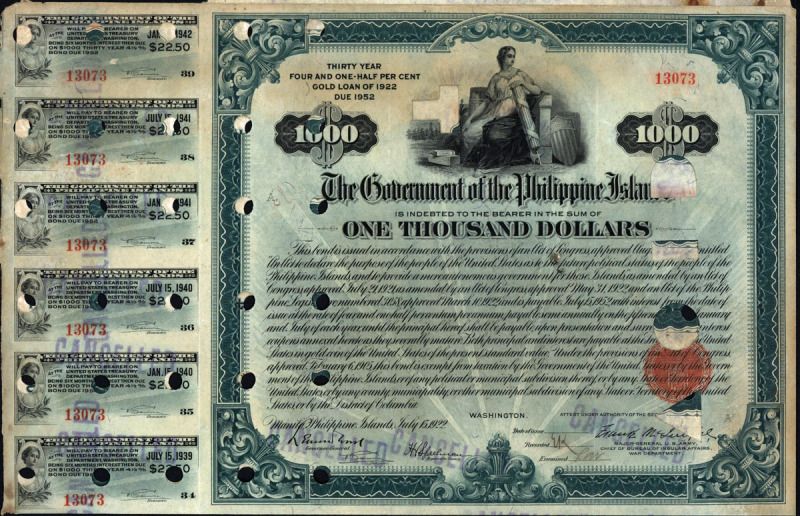5 things to know before buying a stock
By Randell Tiongson on October 16th, 2012There has been a lot of people wondering about investing in the stock market and for a good reason — our local stock market has been outperforming many other markets and has seen tremendous growth in the last 3 years.
Assuming that you have identified your investment objectives and you are willing to accept the risks of investing in equities, you may want to do the next thing and start investing.
Here’s a guest post by my good friend and ‘inaanak’ who is popularly known as Mr. Stock Smarts. I’ve asked Marvin to list the 5 things he considers before buying a stock.
——————————-
5 Basic things I consider before buying a Stock by Marvin Germo, RFP
 What’s amazing about the stock market is that it is not about how deep your knowledge is in the economy or how awesome you are in using graphs that will make you earn. It’s also not about how much you know but how you implement that knowledge and balance it with your emotions. I always tell my clients that there is no right or wrong in terms of strategy in investing or trading in the stock market. What I always tell them is that when you find a strategy that earns for you, stick to it like the glue and don’t change your technique in the middle of the game.
What’s amazing about the stock market is that it is not about how deep your knowledge is in the economy or how awesome you are in using graphs that will make you earn. It’s also not about how much you know but how you implement that knowledge and balance it with your emotions. I always tell my clients that there is no right or wrong in terms of strategy in investing or trading in the stock market. What I always tell them is that when you find a strategy that earns for you, stick to it like the glue and don’t change your technique in the middle of the game.
In a nutshell here’s a basic process that I follow whenever I buy stocks. It’s my desire to see more and more Filipinos walk in their God given destinies of abundance.
1. Fundamentals — Increasing earnings and increasing market.
The very first thing that I consider before buying a stock is looking at the company’s finances. For me it doesn’t make sense to put my money into a company that is not earning. I look at the track record of the company if it’s sales, net earnings, along with its earnings per share are increasing every year, for the past 5 years. This gives me a sense of comfort as I would know what the company has done in the past to earn further. At the end of the day, it’s all about earnings, earnings, and more earnings that would take the stock price higher.
2. Valuations – Intrinsic Value is higher than the market price.
This entails computing what the company is really worth based on what it currently has and what its supposed to receive in the future. Upon computing and I see that the intrinsic value is HIGHER than the market price it furthers my stance in buying the stock. If the company is overvalued and IT’S MARKET PRICE IS HIGHER THAN IT’S INTRINSIC VALUE I avoid the stock at all cost.
3. Momentum – I buy when there is increased volume.
The stock market is all about liquidity, the more interest there is in a certain stock the easier it would be to buy and sell it. For me, no matter how good a stock is fundamentally if no one pays attention to it, the stock would go nowhere for weeks, months, and even years. The bigger the volume for a certain stock gives me a stronger conviction to buy it.
4. Technical analysis – I buy when the stock is about to reverse into an uptrend
Technical analysis is the study of market sentiment represented in graphs and charts. With the premise that an investor would be able to get indicators whether it would be a good time to come in or out of a certain stock. I only buy stocks in an uptrend, meaning the general direction of the market is in a buying frenzy for the stock. I never go against the flow or the trend as this is a very very good way to lose a lot of money. If I find a stock that is undervalued, good earnings, and has volume, I check if it’s in an uptrend then I’d buy it.
5. Emotions — I don’t listen to forums and I ignore the crowd.
Once I have confirmed everything using fundamental analysis and technical analysis and have made my decision to buy the stock. I ignore everything else. I see to it that buying is based on my analysis and not what I hear in forums, the net, or even my closest friends. At the end of the day buying of a certain stock is a personal decision that each investor should make.
To learn about Marvin, visit his site www.marvingermo.com


